HGTV’s ‘Island Hunters’ is imperialist smut
March 8, 2016
According to rapper Oddisee, an American rapper from Washington DC, “Gentrification is on the rise,” which, according to the Washington post, factually checks out.
Gentrification — for those that don’t know — is “the process of renewal and rebuilding accompanying the influx of middle-class or affluent people into deterioration areas that often displaces poorer residents,” as defined by the Merriam-Webster dictionary.
But what do we call this process if it happens overseas?
Take, for example, a place like the Bahamas where an average native person makes around $6,000, but a beach front property costs about $150,000. And I was thinking the same thing you’re probably thinking right now, “They must save their money from an early age,” but actually that’s wrong… also ignorant… very ignorant. Instead, what this is an example of is a major wealth gap between the native inhabitants of the island and the people actually purchasing these properties.
What’s happening in places like the Bahamas, and other tropical islands, are inhabitants are being priced out of their own country by foreign vacationers looking for their dream house — essentially gentrification overseas. However, this seems to be no longer gentrification, but instead, has now become a modern form of imperialism.
Imperialism, as defined by the Merriam-Webster dictionary is “The effect that a powerful country or group of countries has in changing or influencing the way people live in other, poorer countries.”
Is that definition too far fetched from what’s going on in countries like the Bahamas? I don’t think so.
Funny enough, Home and Garden Television, or HGTV, has a show all about modern day imperialism — unfortunately, people just don’t pay attention to subtle detail in what they’re watching.
The show is called “Island Hunters” where you’re likely to tune in and find some happy-go-lucky Americans walking around a beautiful property in some tropical paradise — sipping on some form of beverage (probably in a coconut) — while acting completely ignorant to the fact that the property they’re looking at is 30 times more expensive than the average income of the island.
“Island Hunters” glamorizes imperialism through a catchy beat, and some smiling “adventurous” people who feel “so worldly and traveled” when really they’re just pricing out native inhabitants.
Of course, natives of these islands get some benefit from tourism, but really this benefit is where this stops being gentrification, and takes on more of an imperialistic tone.
Let’s take the Bahamas again as an example: The Bahamian economy is 40 percent reliant off of tourism; 87 percent of that 40 — on average — are American tourists, according to Encyclopedia.com. The Bahamas are so reliant off of American’s visiting the island, that in 2001, after September 11 when traveling declined, the Bahamian economy hit a major recession and didn’t recover until recent years.
When an economy is so reliant off of another nation, so reliant it’s actually dependent, wouldn’t that just be another example of an imperialist mark being pressed on a nation?
This doesn’t make it so natives become priced out of their country or community — like in gentrification — but instead, makes natives stuck in an industry of service to a more powerful nation — like in imperialism.
In turn, “Island Hunters” — the extremely surface show that shows everything as perfect — depicts countries that we see as just vacation spots. The people that live in these places make enough money to get by, while tourists visit these countries and are served by natives, who are forced into the tourism industry because it’s the only way to make money.
Sounds like imperialism to me.























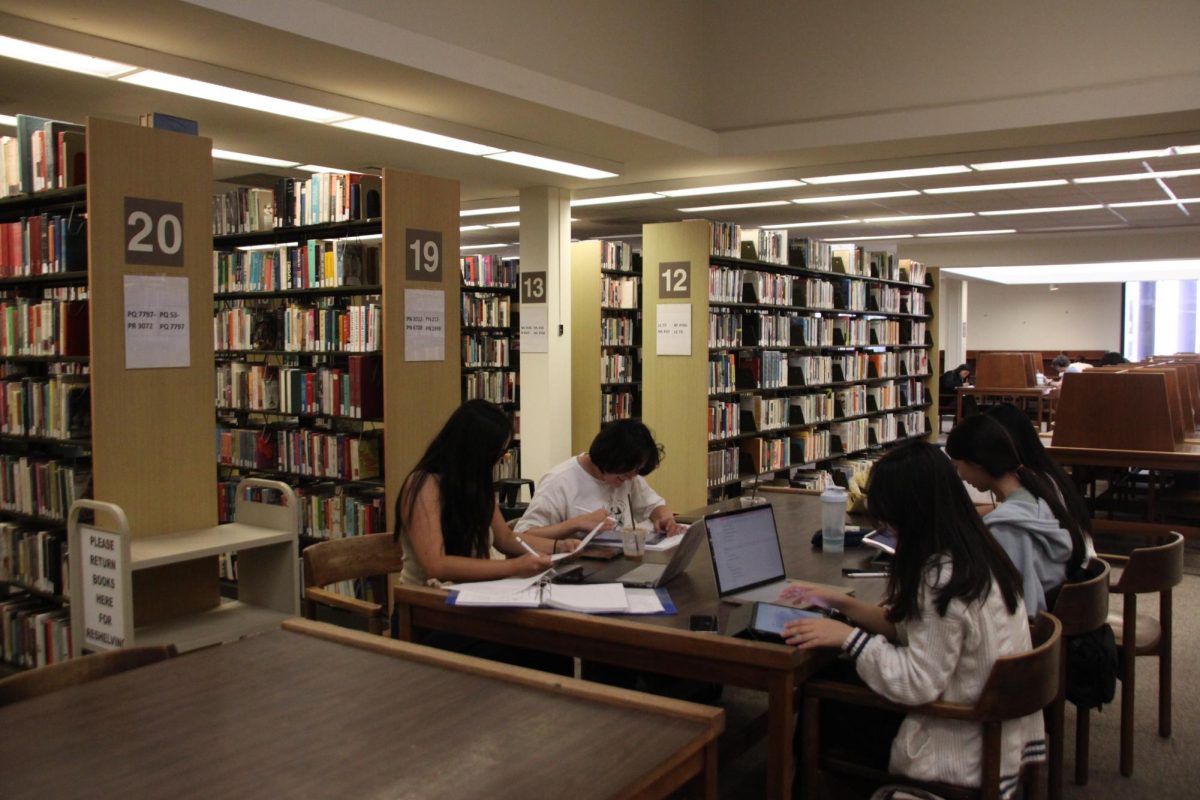














































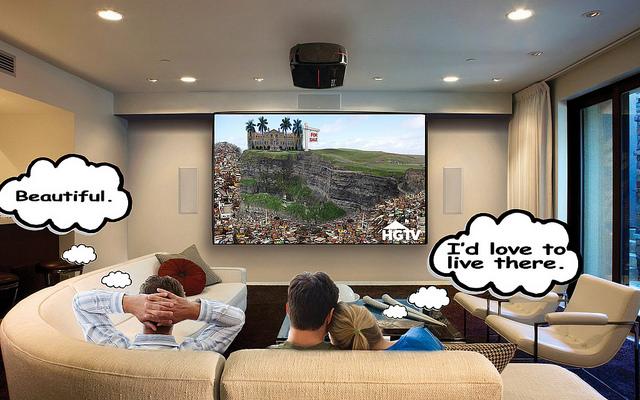


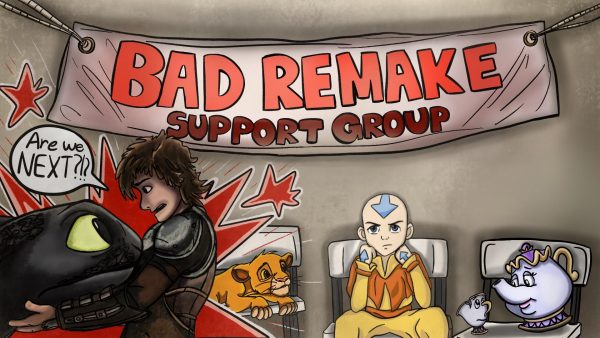

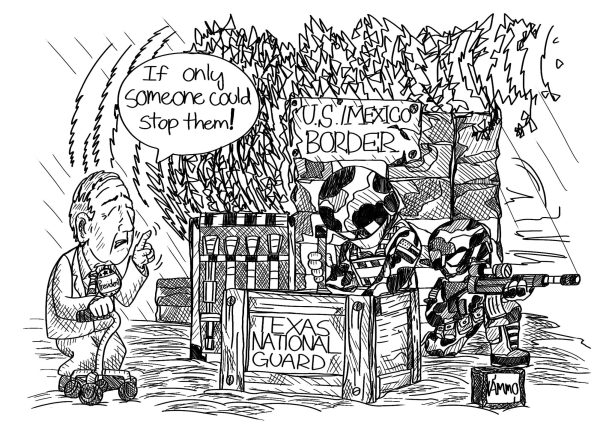
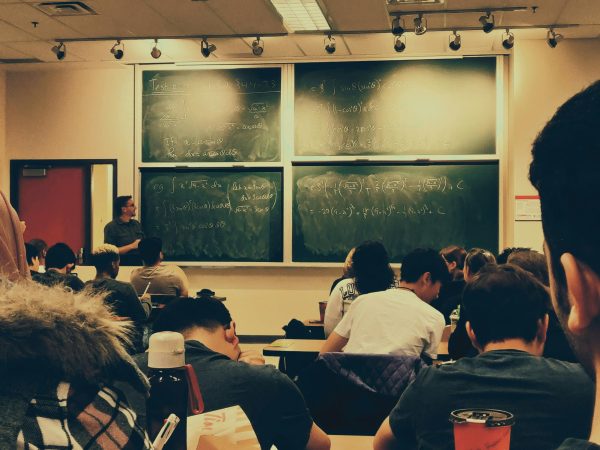
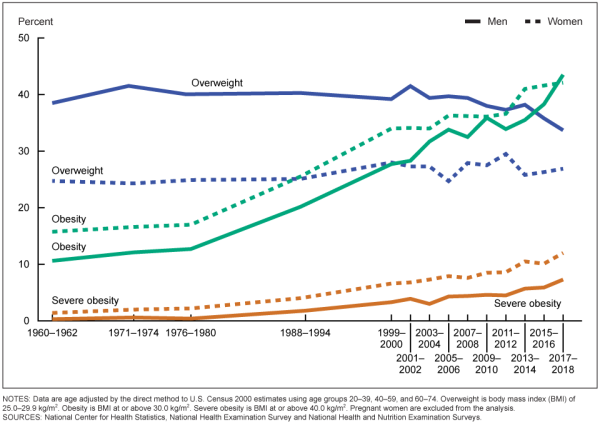
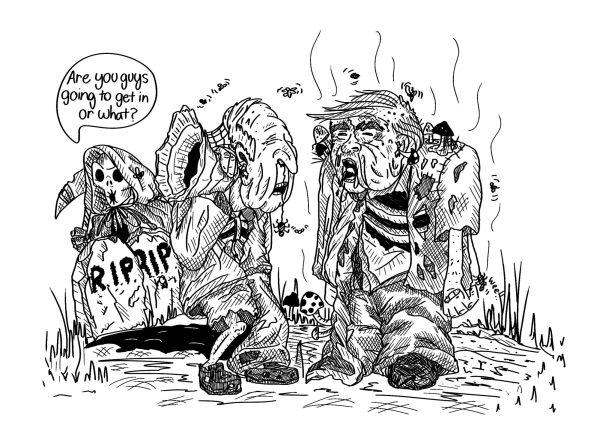

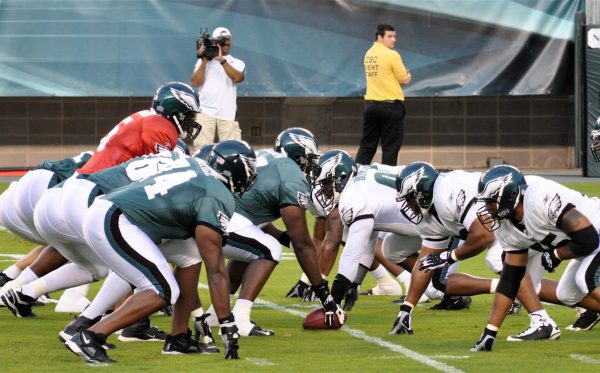
John Mackey • Mar 9, 2016 at 8:47 am
As a “native” of the Bahamas, I’m so offended by “Imperialist Americans” that assume that we “natives” have the same concerns about “gentrification” as American Intellectuals..
A strong real estate market is not a bad thing for the Economy of the Bahamas with no natural resources and a small population . In addition to service jobs, foreign investment impacts construction, financial services, retail, etc.
Also, the numbers you quote are incorrect. According to the 2013 occupation wage survey for the hospitality sector, the annual wage was $18,980 not $6,000.
With 15% unemployment, we don’t have the “luxury” to chase away investment in the name of “anti-imperialism”. Shows like HGTV’s island hunter is the best “free” advertising we could have ever received.
I know you probably think you’re doing the right thing but please understand that were people trying to develop our country and take care of our families not “natives”. Get to know who we are as a people and what’s important to us.
The big issues right now are not wealthy real estate investors and gentrification but crime, education, jobs and “beach access”.
Anyways, that’s my opinion.